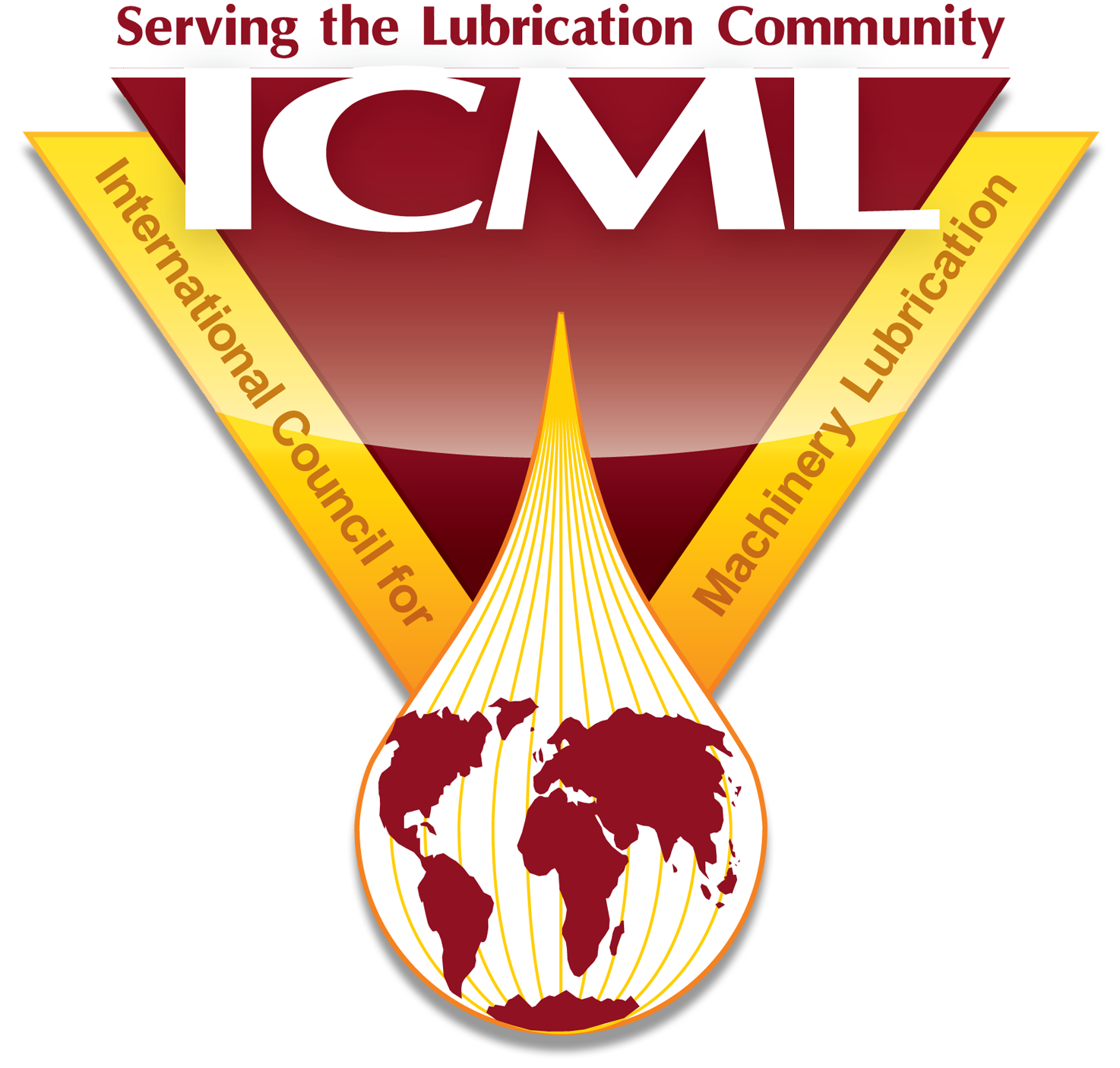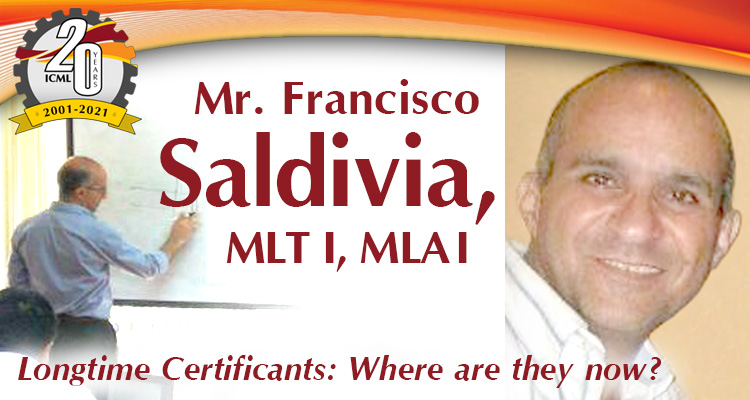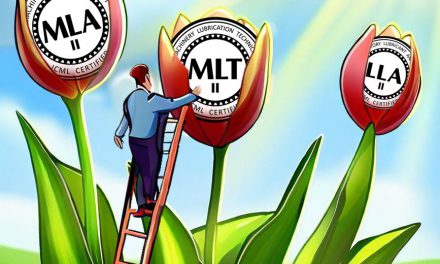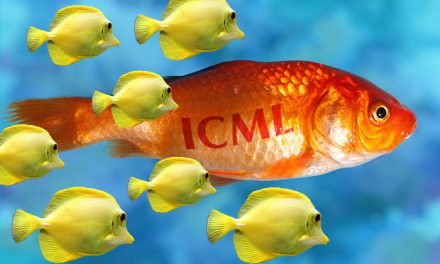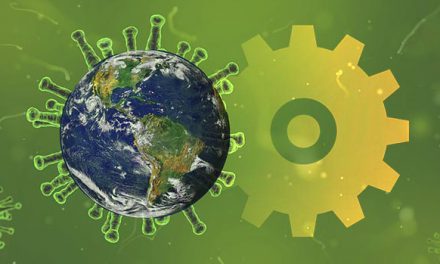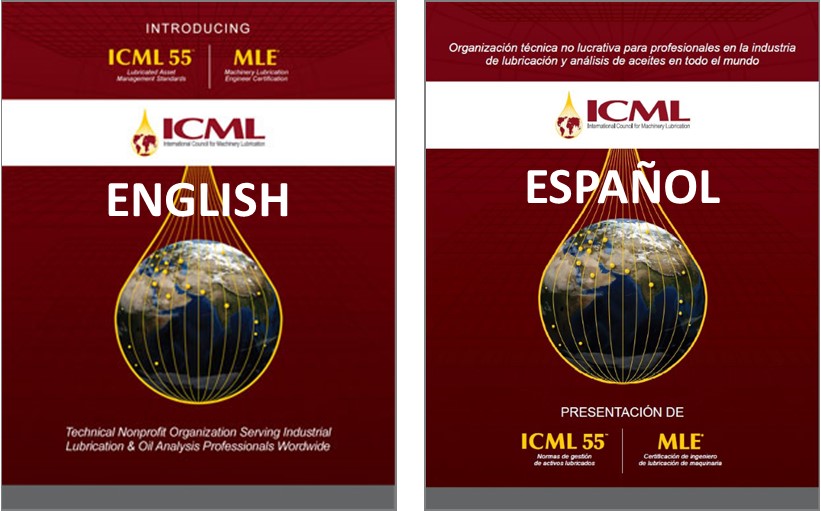July 22, 2021 | Today we meet Mr. Francisco Saldivia, a tribology professor and independent consultant who began his career as a maintenance engineer at Sidetur during the 1990s. He has continuously held ICML certification since first earning MLT I in September, 2010, in Bogotá, Colombia. In his survey responses below, Saldivia recalls his transition from shop floor to classroom, his foundational role with the UNEXPO lube laboratory, and his thoughts on what stands in the way of sustainable lubrication programs. You can read more about him at his LinkedIn page.
What education/career background led you into a lubrication career, and what are you doing now?
I am a mechanical engineer with a Master of Science in Industrial Maintenance. While working at Siderúrgica del Turbio (Sidetur) steel mill plant as a maintenance engineer, I began with the postgraduate studies in Industrial Maintenance. When I finished my studies, I made the decision to renounce my work because I wanted a change.
Three months passed and one day the director of my postgraduate thesis called me and offered me to work as a professor in the Masters program, and I accepted. The initial offer was the program of the Lubrication of Machinery subject, but I suggested that we work with Tribology, and that is how my activity as professor began. Given my work experience in the plant, it was not difficult for me to prepare content and associate it with practice and real cases. Later, I entered as a professor in the Mechanical Engineering program, where I created the lubricants laboratory and progressively included the equipment and procedures to determine the properties of lubricating oils and greases.
One of the things I had always wanted to do was relate my work to the University in some way, but I never thought about working as a teacher. I had anticipated something related to research, or working in a mechanical engineering laboratory.
So, today I am a professor of tribology and Reliability Centered Maintenance (RCM) at Universidad Nacional Experimental Politécnica (UNEXPO) in Venezuela, and also at Universidad Industrial de Santander (UIS) in Colombia.
Meanwhile, I also handle machinery lubrication projects as an independent technical consultant. My clients are mainly people whom I have taught at the University and who, upon entering the work force, have asked for me to support them with technical matters.
In these roles, I am involved with:
-
- Development of lubrication programs
- Development of Lubricating Oil Analysis Programs
- Analysis of failures due to lubrication
- Analysis and Interpretation of test results on lubricants
- Technical evaluation and performance of equipment and lubrication units
- Training in Tribology and in Industrial and Automotive Lubrication
Briefly recap the occasion of your first certification exam in 2010.
The combination of theory with practice has always been a rewarding experience for me, and that first exam was an opportunity to demonstrate what I was doing in my professional practice. To keep updated knowledge about machinery lubrication, I searched books, journals and newsletters for lubrication specialists, where I learned about ICML certifications, and I called to ask for information. At that time I had already been working as a professor of tribology and as a technical consultant in machinery lubrication for about 10 years, so I considered the MLT exam as a test that I would submit to evaluate what I was doing in my work. To prepare for the exam, I got in touch with Noria’s representative in Colombia, who showed interest in meeting us and he invited me to attend one of the sessions of the preparation course, which was taking place those days in Bogotá. I was very grateful for that invitation. Regarding the exam itself, I felt very comfortable with the development of the test and with the satisfactory results that confirmed my level of knowledge of the subject. [Saldivia would later earn MLA I certification in 2016. — editor]
What has motivated you to recertify consistently all these years?
My job has required me to stay active with certification. In addition, the lubrication of machinery is an area that I am passionate about in my professional practice, so the MLT and MLA credentials complement my maintenance training and expertise.
How has ICML certification helped you the most?
The ICML certifications provide me recognition of my knowledge and proficiency in machinery lubrication, both at the University as well as industrial companies.
What is your favorite memory/experience of your lubrication journey?
Several favorites:
-
- The creation and start-up of the UNEXPO lubricants laboratory. This was after I started working with the Tribology subject at the University, and I presented the idea to the Department of Mechanical Engineering for the creation of a lubricants laboratory in order to strengthen the knowledge of the graduates to adapt to the requirements of the industry. Progressively, some equipment was acquired and laboratory practices were implemented according to ASTM standards. [Coincidentally, the lab began activities in 2001, the same year as ICML. — editor]
- Engaging students in this world of lubrication
Who has helped or encouraged you along the way?
I never really had any particular “role model” or a mentor in my own career. I am what you might call, “self-taught.” My learning has been strengthened by reading books and articles by many experts, and practices in the industry. The University has been a great help with the creation and use of the laboratory for academic purposes, which has allowed me to experiment with lubricants. Attending webinars has allowed me to expand my knowledge. I have been fortunate to work on the subject of lubrication both in technical consulting and in teaching; I am always learning, and this motivates me to teach.
How was your WORK impacted by covid-19 restrictions IN 2020?
As a technical consultant, the attention to my clients was affected by COVID-19 because the presentation and discussion of results is normally conducted in person, as part of my services. Also, a decrease in the amount of work due to production limitations in companies.
What would you identify as your top tool or technology on the market today, and why?
As a technical consultant I conduct a lot of lubricant inspection through the senses as part of my analyses. On the market there are certain devices that make visual inspections of lubricating oil easier, such as sight glasses, drain plugs (which I use very frequently), and these tools are among the recommendations I make for those client applications that do not have them. And, of course, there are longer-life lubricant technologies, where I know a little something about the formulations but otherwise depend on my good working relationships with chemical analysts in the commercial laboratories I have worked with.
What remains the biggest challenge to the implementation and/or sustainability of successful lubrication programs?
Education, education, education. We must continue in the work of creating a culture of maintenance. We must continue to create awareness of the importance of all aspects that improve the reliability of machines: for instance, correct selection of the lubricants, control of contamination, monitoring of the condition, among others.
Favorite town/region where you have worked
Barquisimeto, Venezuela. This is my city of origin and where I have my center of operations. I conducted my first job as a consultant here, which was a study of compatibility of lubricating oils in six turbocharger units as part of a project of an energy services company to acquire lubricants of national manufacture. The turbocharger units were actually installed in the eastern part of Venezuela, in a heavy oil field, but my work was remote because I was involved with another project in Barquisimeto at the time and I could not travel. They sent me all the samples and I coordinated with the laboratory.
Normally, I do travel to other cities for consulting work, and I also travel frequently to Bucaramanga, Colombia, because of my university work. Each job is for me a source of information that reinforces my knowledge and experience in machinery lubrication.
Hobbies, Interests, activities outside of work
-
- Hiking
- Going to the beach
Other professional associations
-
- Colegio de Ingenieros de Venezuela
- Consejo Profesional Nacional de Ingenierías Eléctrica, Mecánica y profesiones afines – Colombia
.
